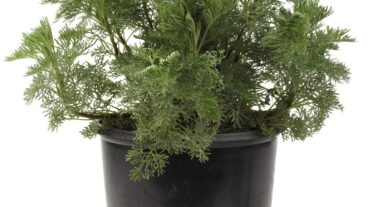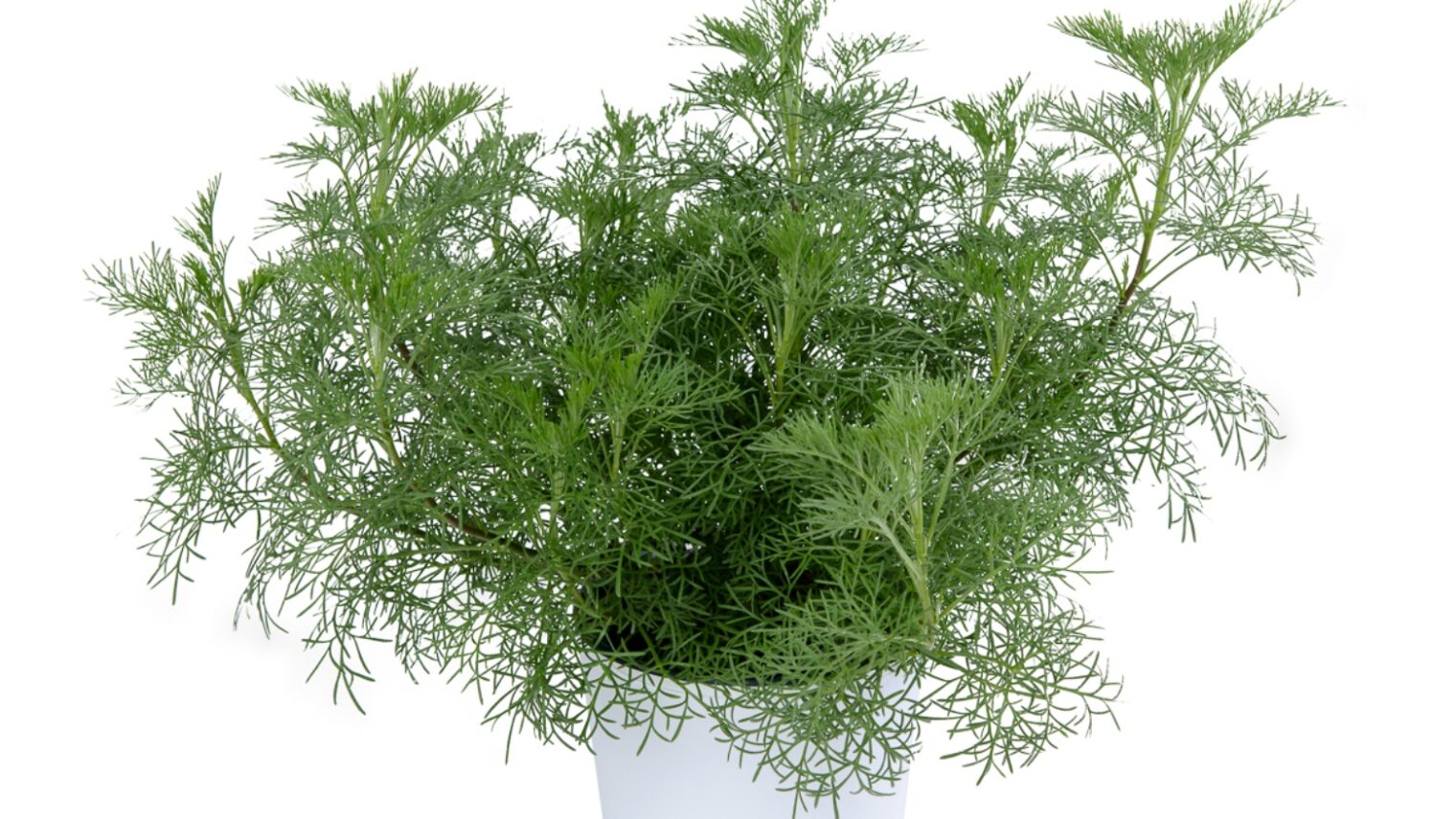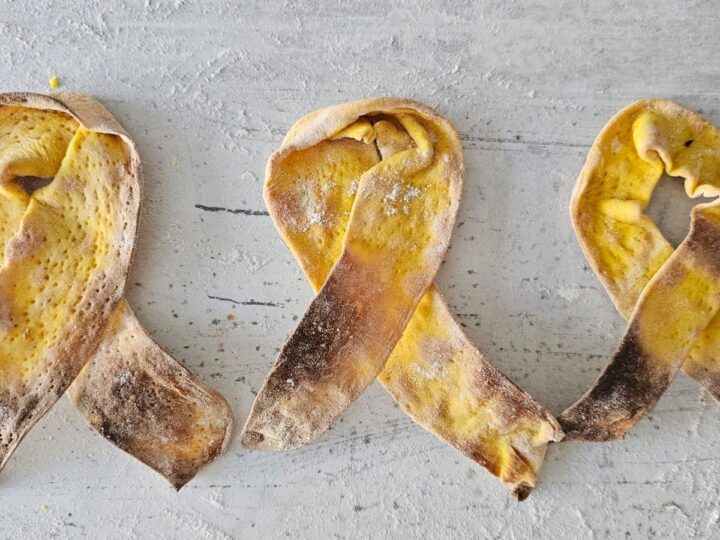Grow some Artemisia arbotanum – a.k.a. the “cola plant” – in your backyard, roof or terrace and you’ll have no need to buy caramel-colored drinks. Just pluck some leaves to flavor hot and cold beverages, and even salads, stews and stir-fries.
The cola plant is one of about 250 kinds of culinary herbal plants exported by Israel’s Hishtil Nurseries for sale in supermarkets, garden centers and DIY stores across Western Europe and North America.
“We are always searching for specialty varieties from collectors all over the world to bring another taste and look to the garden and the kitchen,” says Ofir Elasar, marketing and sales manager for Hishtil.
This variety, from the same family as tarragon, was discovered with a collector in Germany, and was available for sale only as a niche product. Hishtil imported it to Israel and used its agronomic expertise to develop the cola plant into a mass-market product about three years ago. Hishtil is now the leading seller of Artemisia arbotanum.
Eyal Inbar, export sales manager, tells ISRAEL21c that during 2016, Hishtil sold nearly 100,000 plugs and cuttings of the cola plant globally.

“We sell it more for export than for the local market because in Europe it’s well known. Demand was high from day one,” says Elasar.
He says the hardy perennial grows well in any kind of garden, including urban gardens, and has a taste and fragrance like cola with a very light anise overtone.
Among Hishtil’s other unusual herbal plants for garden and kitchen are Rungia Klossii, whose iron- and vitamin C-rich leaves impart a mushroom flavor; and Mentha piperita, with a chocolate-mint aroma and flavor. There are also plants whose leaves give off the scent of peach, melon, pineapple and other fruits.
Fighting for Israel's truth
We cover what makes life in Israel so special — it's people. A non-profit organization, ISRAEL21c's team of journalists are committed to telling stories that humanize Israelis and show their positive impact on our world. You can bring these stories to life by making a donation of $6/month.









